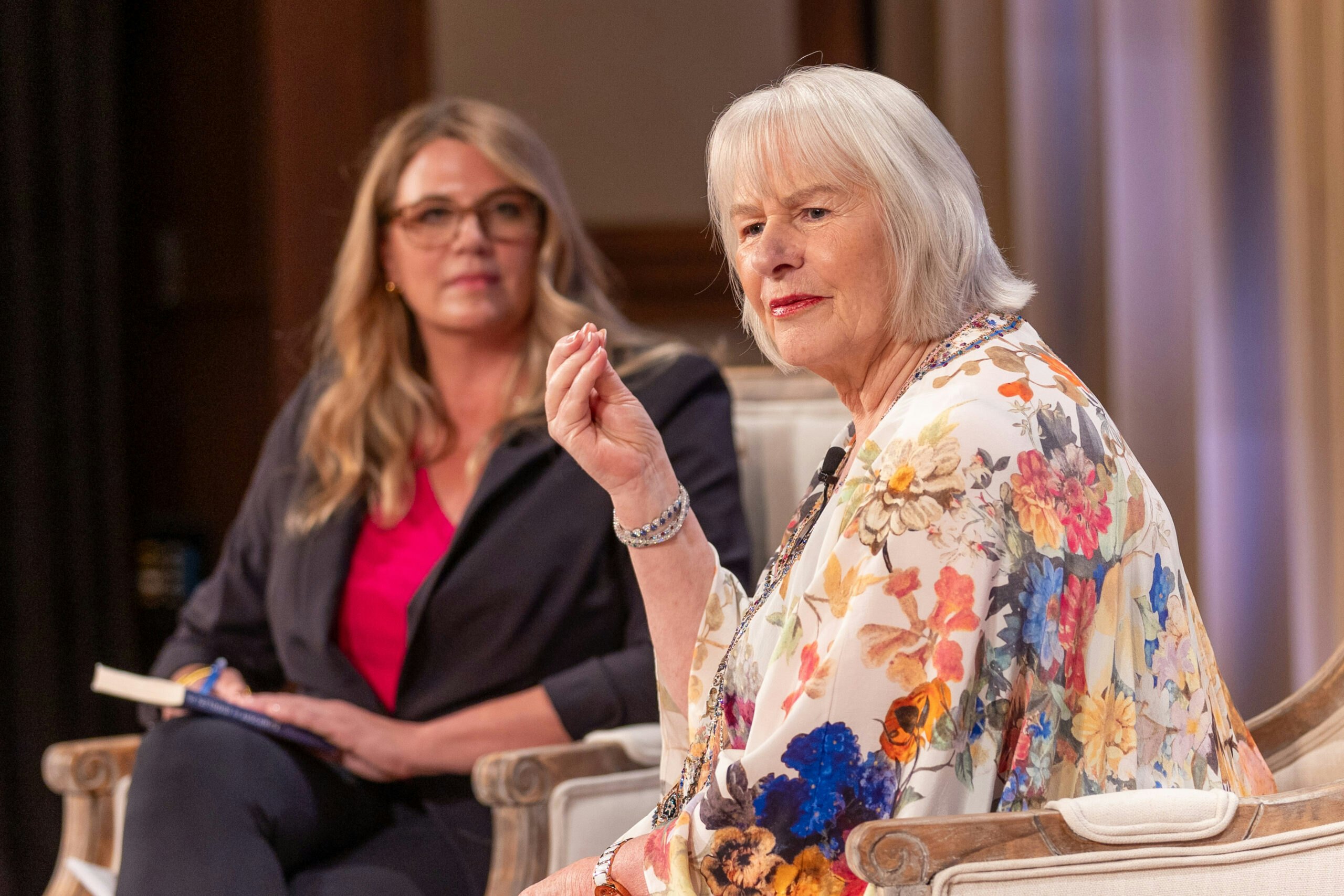
 “Seldom has history offered a greater opportunity to do so much for so many.” President George W. Bush, State of the Union Address, January 28, 2003
“Seldom has history offered a greater opportunity to do so much for so many.” President George W. Bush, State of the Union Address, January 28, 2003
This Memorial Day we remembered and celebrated the lives of American men and women who gave the ultimate sacrifice to keep our country safe. It was a fitting day to also remember the lives that have been lost around the world due to HIV and to celebrate the millions that have been saved through the generosity of the American people. This year, Memorial Day was also the 10th anniversary of the signing of the President’s Emergency Program AIDS Relief (PEPFAR).
With a stroke of a pen, President George W. Bush launched PEPFAR, the largest international initiative ever directed towards a single disease, a decade ago. This initiative has not only saved millions of lives in middle and low-income countries, it has changed the way we conduct international aid assistance and has altered the course of history.
PEPFAR grew out of the clear need to innovatively impact and save the future of entire countries. Just a decade ago, it was estimated that nearly 1/3rd of the populations of some of the countries hardest hit by HIV in sub-Saharan Africa were infected with the virus. HIV made the most vulnerable people of the planet, even more so. The epidemic had dropped life expectancy in some countries by more than 30%, reversing public health gains painstakingly achieved over the previous half a century. Of the millions of people who could benefit from antiretroviral medications, only about 50,000 people in sub-Saharan Africa were actually receiving them. Solving this challenge was made even more daunting by the lack of trained providers and equipped hospitals, clinics and laboratories to care for people; care that could cost up to $10,000 per year per person. This challenge was accompanied by widespread stigma and discrimination against those with HIV, borne of fear and misconception of disease transmission.
But a decade later, with its strong focus on achieving impact, driven by clear targets and enabled by strategic partnerships, local ownership and broad bipartisan support over two US administrations, PEPFAR is succeeding. Since PEPFAR began, new HIV infections have declined by nearly 19%. Last year alone, PEPFAR supported HIV testing and counseling for nearly 50 million people worldwide and helped prevent mother-to-child transmission for 230,000 infants. By 2012, PEPFAR was responsible for directly supporting nearly 2/3rd of the estimated 8 million people in low and middle-income countries on antiretroviral treatment. Moreover, the wide availability and use of generic antiretroviral medications, declining prices of medications, increased economies of scale and system efficiencies have helped reduce per patient costs to $339 by 2011.
Though focused on HIV, PEPFAR together with the Global Fund has strengthened health systems of many developing countries with impacts going far beyond HIV.
Building upon the success of the PEPFAR model also drives the programs in global health at the Bush Institute. In the recently released book, Pharmacy on a Bicycle: Innovative Solutions for Global Health and Poverty, co-published by the Bush Institute, we show how components employed in the PEPFAR model are helping to save lives throughout the world — not only in HIV, but in maternal and child health, other infectious diseases and non-communicable diseases. These components are:
I – Innovation and Entrepreneurship
M – Maximizing Efficiency and Effectiveness
P – Partnership
A – Accountability
C – Creating Demand
T – Task Shifting
S – Scaling
In addition, the Bush Institute along with US State Department, UNAIDS, Susan G. Komen for the Cure and other partners in Pink Ribbon Red Ribbon, are leveraging the PEPFAR infrastructure and its successes to combat cervical and breast cancer in Africa and Latin America. Like PEPFAR, these Bush Institute efforts hope to have impact and save the lives of millions.
This Memorial Day, the American people and millions throughout the world had many reasons to be grateful for the sacrifice of so many, to honor them, and to remember.
This post written by Eric G. Bing, Senior Fellow and Director of Global Health and co-author of Pharmacy on a Bicycle.























